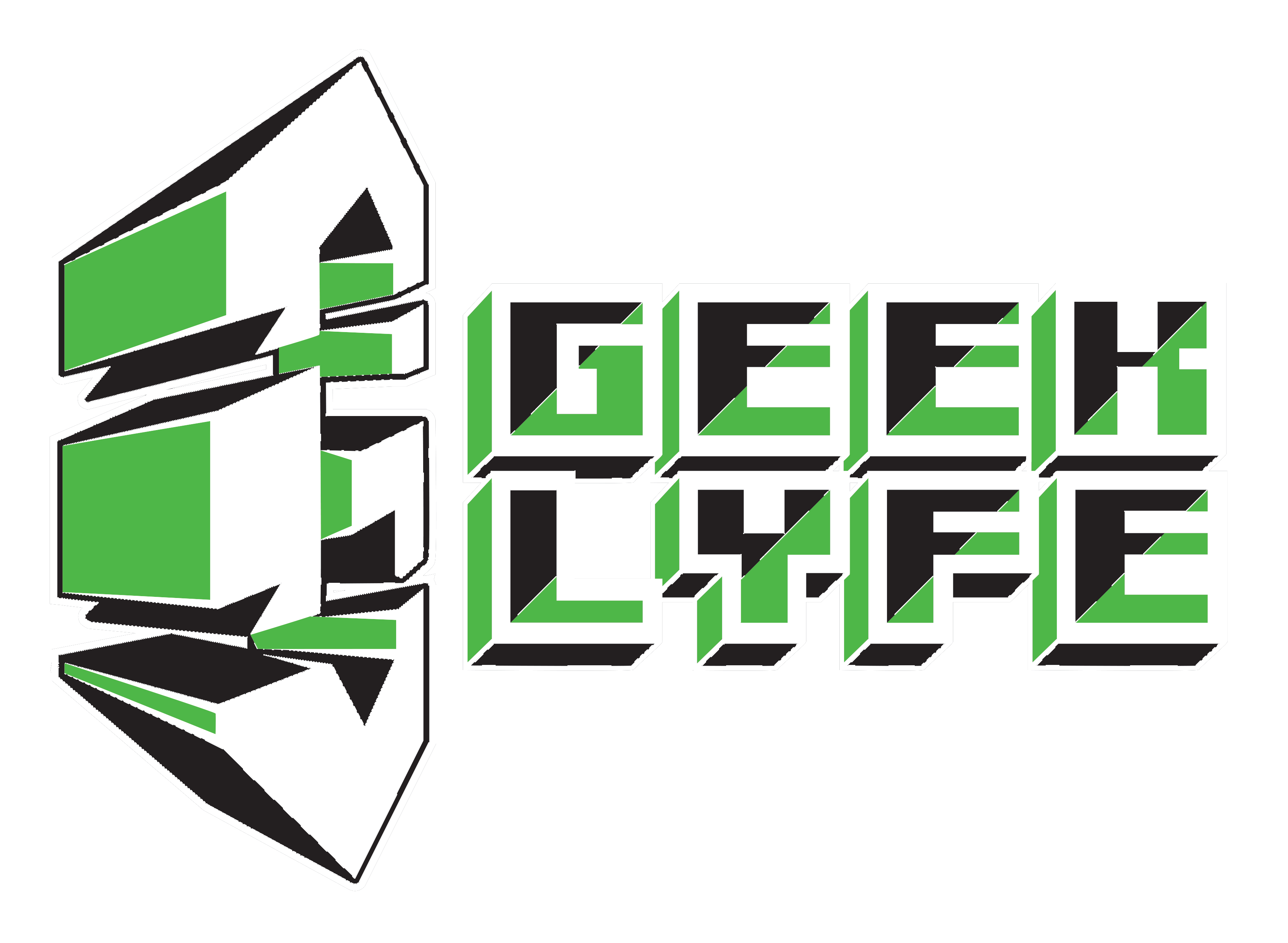The Problem with Sexual Abuse in the Geeky Community

Trigger warning: This article contains descriptions of sexual abuse
When Cynthia Naugle came out with her post on December 10, 2018, regarding an unnamed abusive person in her past while working at a comic book store, the geeky community was astounded. The world put on their investigative shoes and found out who the unnamed abuser was the day after–Eric Esquivel. Within two weeks he had lost his prominent job as a co-writer for a DC comic Nightwing. Other comic writers vowed not to work with him either, and the support for Naugle poured in.
It was a huge relief for women who have been abused; finally, these allegations of sexual abuse were not only listened to but the consequences were real and tangible. It marked an amazing turn for victims and showed that the recent #metoo movement meant real progress in how society as a whole reacts to sexual assault.
The downside, however, is that these issues seem worse in many geeky communities.
When reading Naugle’s post, it has the makings of a lot of physically and emotionally abusive relationships. When she denied him sex, he would “be a [complete] nightmare to work with.” He threatened her, would only allow her to do what he wanted her to do, and made her feel like she shouldn’t have any male friends whatsoever. She stated what a lot of abused women feel in these kinds of situations:
I was losing myself around him without realizing it. I just didn’t want to deal with him being angry at me.
This is how abusers work–they try to take away any kind of freedom you have in your own life and will use any means necessary (i.e. fear) to do it.
What makes Naugle’s situation different is she had to see him again years later at Tucson Comic Con, where he was highly respected at the time.
This is common in a lot of geeky communities–it’s near impossible to avoid another high-level geeky content creator in them. You run into the same people in local conventions. If there’s someone you don’t like, it’s a minor inconvenience or a bit of petty drama. But if it’s someone you outright fear, an entire weekend becomes a nightmare.
One of Naugle’s friends, Joshua Green, gave me the chance to interview him about this issue.
Joshua had several close friends that Eric abused or harassed– from sexting them unsolicited dick pics to attempting to rape a minor. “I did a signing with him at Zia [records] once in 2011 or something because we worked on the same anthology, and all I could do was bite my fucking tongue and ball my fist,” Joshua told me. “Cynthia has been my friend since 2011. She’s always worked with me to be a better version of myself… Hearing about what Eric has done infuriates me to no end, regardless of my relationship to Cynthia.”
Eric responded after Naugle’s post, the outcries of rage, and the continuous evidence began to pile up. It sounded like a sincere apology and a person admitting fault:
What I want, is to apologize. To serve as a cautionary tale to others. And to change…The odds suggest that I have a problem. Or, rather, that I AM a problem…Everything I’ve ever written has been about a young man, operating at a deficit because he grew up without a father, trying his damnedest to figure out what it means to be a “man.”
But Joshua and others argue that he knew what he was doing. When talking about Eric assaulting an underage woman, Joshua explained, “he’d used his position in comics to take advantage of her.”
Another post by Naugle’s friend Katie stated the same about Eric: He’s used his position within not only a place that he used to work but also his position within the industry to lure women in and then mistreat them.
Eric seemed to abuse his status in the geeky community as a way to pressure, lure, and abuse women. His explanation for this terrible predatory is that he didn’t know what it meant to be a man, but this is not a matter of how a man should act–this is a matter of what any decent human being would have done.
Fortunately, conventions are considerably better than they used to be thanks to movements such as the “Cosplay is not Consent,” and articles pointing out the lack of good security measures conventions had. But this progress is slow and small. Women cosplayers still face inappropriate touches and grabs at events, some even deciding to change what they wear because of the harassment they face. While I’d like to believe that it’s a small issue that affects only a few, all signs point to the opposite.
“This is an issue within our society,” Joshua told me. “As a society, we don’t nurture an environment in which victims can come forward and feel safe enough to share their experiences, nor do we have a means by which we can effectively hold their abusers accountable for their actions.”
Joshua’s point is the reason why so many women have a problem speaking up, fighting back, and pointing out the people in the community that are toxic. Rape kits–the very evidence that could prove someone guilty or innocent– sit on the shelf for years until mold grows in them. Kpop artist’s sexually harassing nature is ignored by fans, and some popular anime series push ideals of men pressuring or abusing women into a relationship.
Now don’t get me wrong, these issues aren’t just in geeky communities– I love the geeky community, I love being able to see the artistic style in cosplay costumes, the creativeness game developers have, and the resounding amount of love and friendship you can find in all of the geeky communities.
The issue I’m talking about is this: every geeky community is so close-knit that if a person is abused by another in the community, the chances they will run into one another is high. Naugle experienced this first hand:
[Eric] says sorry and asks [over text] how I’m doing and tells me that he’s going to be a guest at Tucson Comic-con. I haven’t seen him in years. I’m a guest this year too, my anxiety and memories start coming back.
Naugle’s friend, Katie, shared the same feelings in her own post:
Comic conventions have been my safe place for years…now he might be there… I’m afraid of what’s in the shadows. I’m afraid of knowing that I’ll be traveling in and out of the area every day on a light rail for an hour. Before, I was excited for that very same travel. It’s always been a place to people watch and to meet new people.
“We sure as shit don’t make it any easier for victims of abuse to come forward by disbelieving them or using their trauma for personal gain,” Joshua said. “So how do we address these things as a society? As a community? As individuals?”
As a community, we’re already making progress. But we need to have frank conversations with one another about sexual abuse: how can we protect victims? How can security better handle sexual harassers at conventions? Are predators, abusers, and harassers influenced by what they see in comic books and movies–something Eric blames in his response?
As a woman who has seen how sexual abuse was handled a decade ago versus how it’s handled now, it has gotten so much better. I and others feel safe enough to speak up now when the mere thought was not just pointless, but dangerous before. But we need to have better leaders than someone like Eric, a person a lot of people used to look up to.
“The Latino and Xicana community has for far too long not seen themselves represented heavily in mainstream comics, “Joshua said, “and Border Town was so goddamn important to so many. Eric’s actions have not only physically, mentally, and emotionally scarred multiple women, but he’s also hurt the heritage he’s proclaimed to love by acting in such a way.”
Eric wasn’t the first man, Latin, geek, writer, leader, or nerd who was an abuser and he won’t be the last. But we can all agree that no matter how important someone seems or how skilled they are, it shouldn’t give them a pass. Special guests at a convention matter just as much as the people who go to see them, and we should protect any victim no matter who they are.
With Alabama and Georgia’s recent bills banning abortions even in cases involving rapes or minors, rape kits backlogged in the majority of states, only 12% of reported rapes result in a conviction, and many of these convictions are a slap on the wrist no matter how violent they are, it’s hard for victims of sexual abuse to feel safe to come forward. It takes an unmatched amount of bravery for victims to not only step forward, but even press charges.
Geeky communities have a chance and possibility very few communities have. They can be a tidal wave of change because they are tight-knit and unwavering in their passion for what they love and care about. They can force change not just to the nerds in their social circle, but to the law makers as well.
I hope that in the near future and today, there are more Cynthias and Joshuas—people willing to step up against those who abuse their power as a comic writer, anime voice actor, cosplayer, convention manager, business owner, or politician. I hope to see more geeks help to create laws that protect victims, and I plan to be there with them.




Pingback: Toxicity in the Gaming Community - The Geek Lyfe